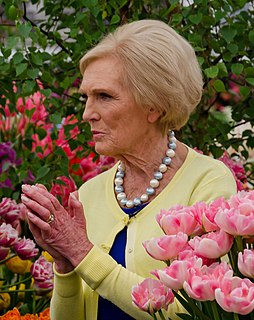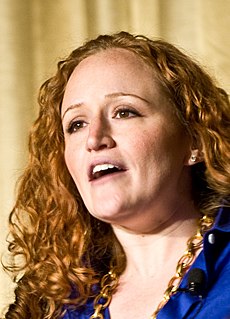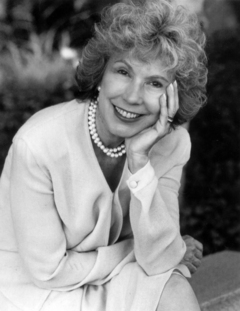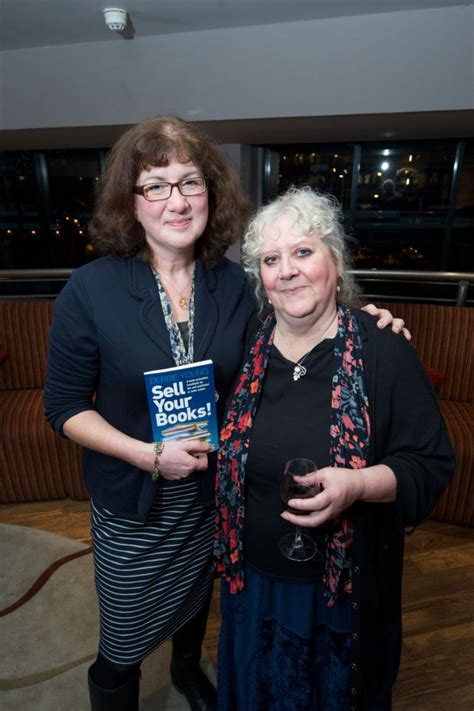A Quote by Margaret MacMillan
I still remember with gratitude a series for children on everyday life where we learned about the games children in other times had played and the food they ate.
Related Quotes
In 1600 the specialization of games and pastimes did not extend beyond infancy; after the age of three or four it decreased and disappeared. From then on the child played the same games as the adult, either with other children or with adults. . . . Conversely, adults used to play games which today only children play.
People still think that a woman who doesn't have children or doesn't want children is really lacking in something. I've seen this over and over again in my life. I've had this thinking used against me repeatedly. I remember I had a therapist once, and I brought this up, and she said, "Well, I think women who don't have children feel very self-critical. They feel bad, so they think other people are critical in that way."
For men and women are not only themselves; they are also the region in which they are born, the city apartment or farm in which they learnt to walk, the games they played as children, the old wives tales they overheard, the food they ate, the schools they attended, the sports they followed, the poets they read, and the God they believed in. It is all these things that have made them what they are, and these are the things that you can't come to know by hearsay.
Each of us must come to care about everyone else's children. We must recognize that the welfare of our children and grandchildren is intimately linked to the welfare of all other people's children. After all, when one of our children needs lifesaving surgery, someone else's child will perform it. If one of our children is threatened or harmed by violence, someone else's child will be responsible for the violent act. The good life for our own children can be secured only if a good life is also secured for all other people's children.
The only acceptable way to solve ecological problems is if you can persuade people to have fewer children. In the Victorian times, there were families of 15 children. Someone like Edward Lear, he was the last of 21 children. And so what we have to think about is offering people the alternative choice. And in the West, that's what's happening. The birth rate has been dropping steadily and still is. I'm wanting human beings to be better off so they don't view children as an insurance for the future.
There was a show in which these scientists shared the secrets of the world's oldest living people, people still functioning past 100 years-old. They found that they exercised everyday, they ate in proportion, that they had a social network of family and friends, and that they had some sort of faith. So, that's what I'm doing now, very consciously. Instead of working out three times a week, I do something physical, like a one-hour walk everyday.
There are 45 million children in Africa who are not in school. While other children are learning, exploring, and growing in the myriad ways that children were meant to grow, these children are trapped in a life of constant struggle. Without education, how can they be expected to escape such struggle? How can their children?








































